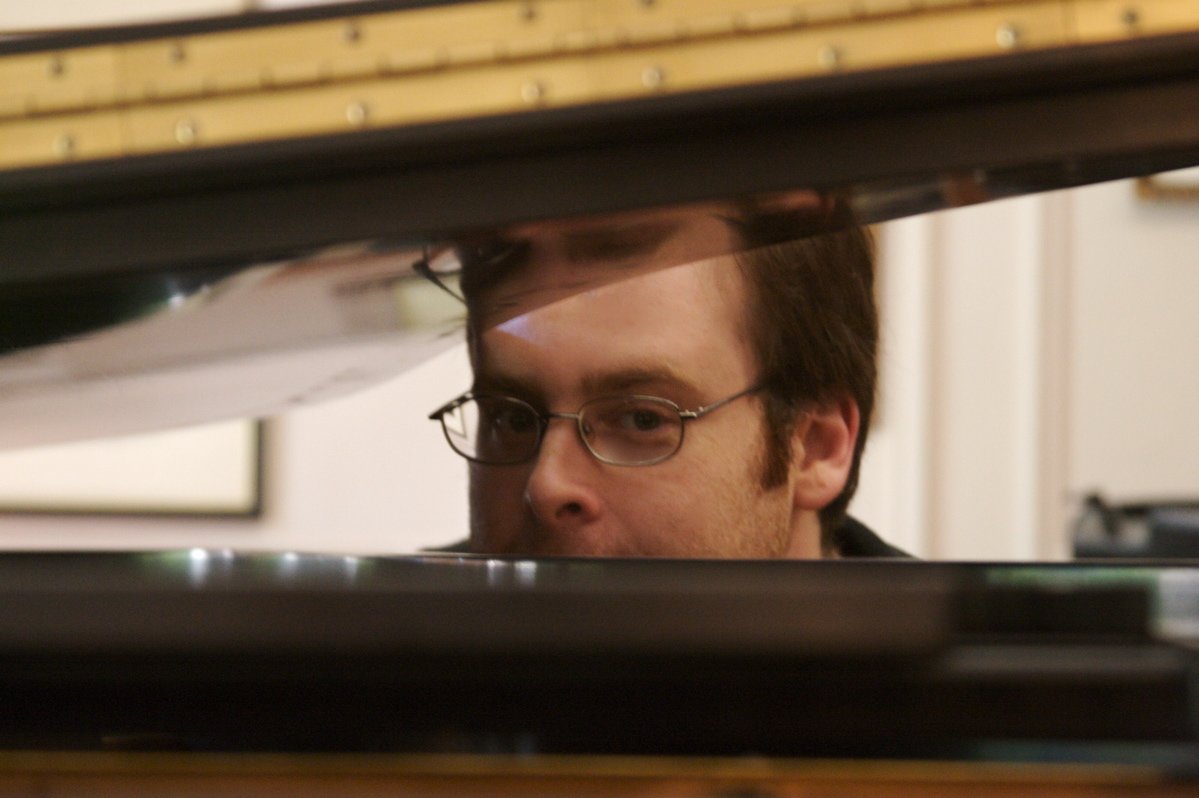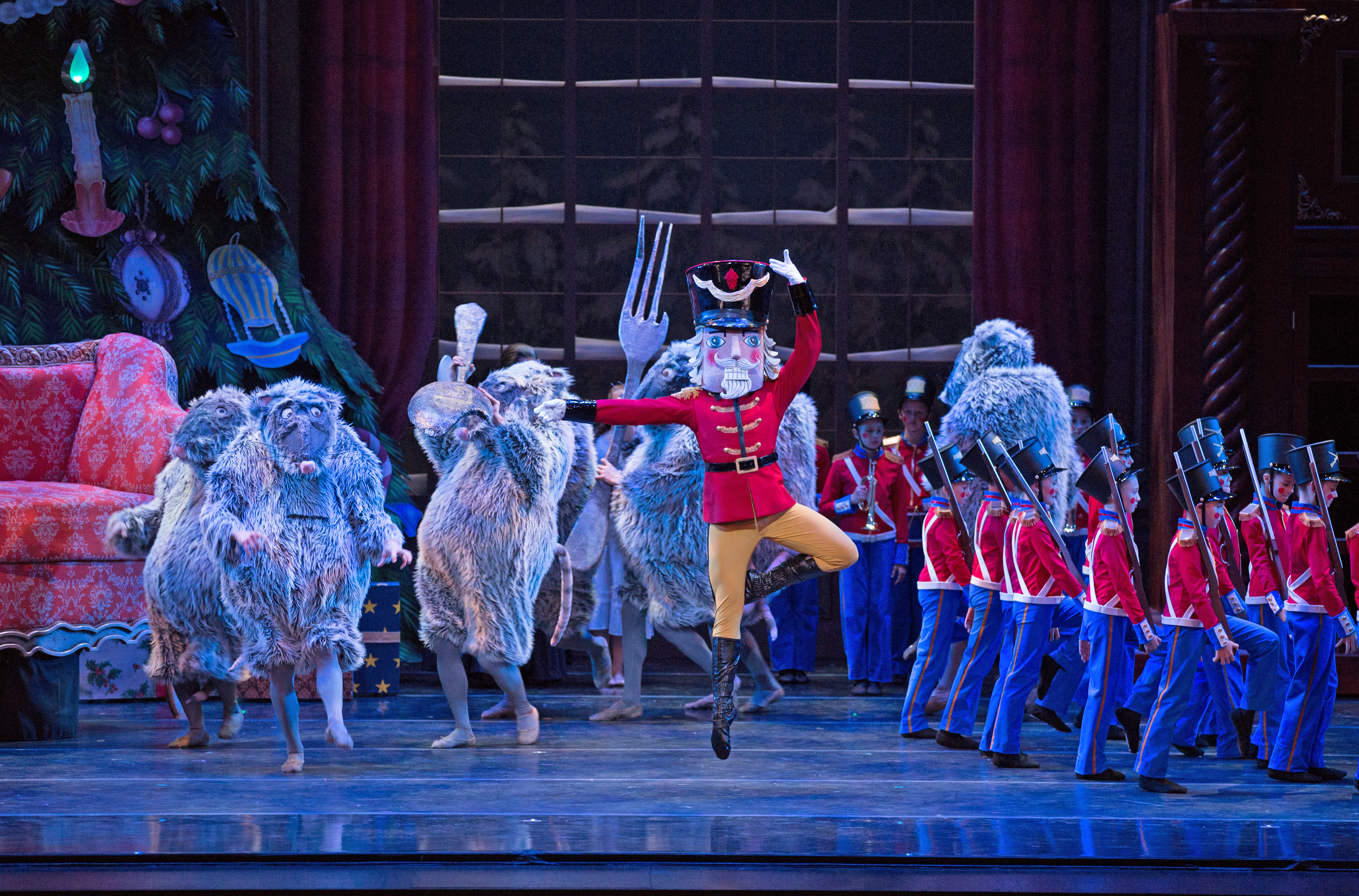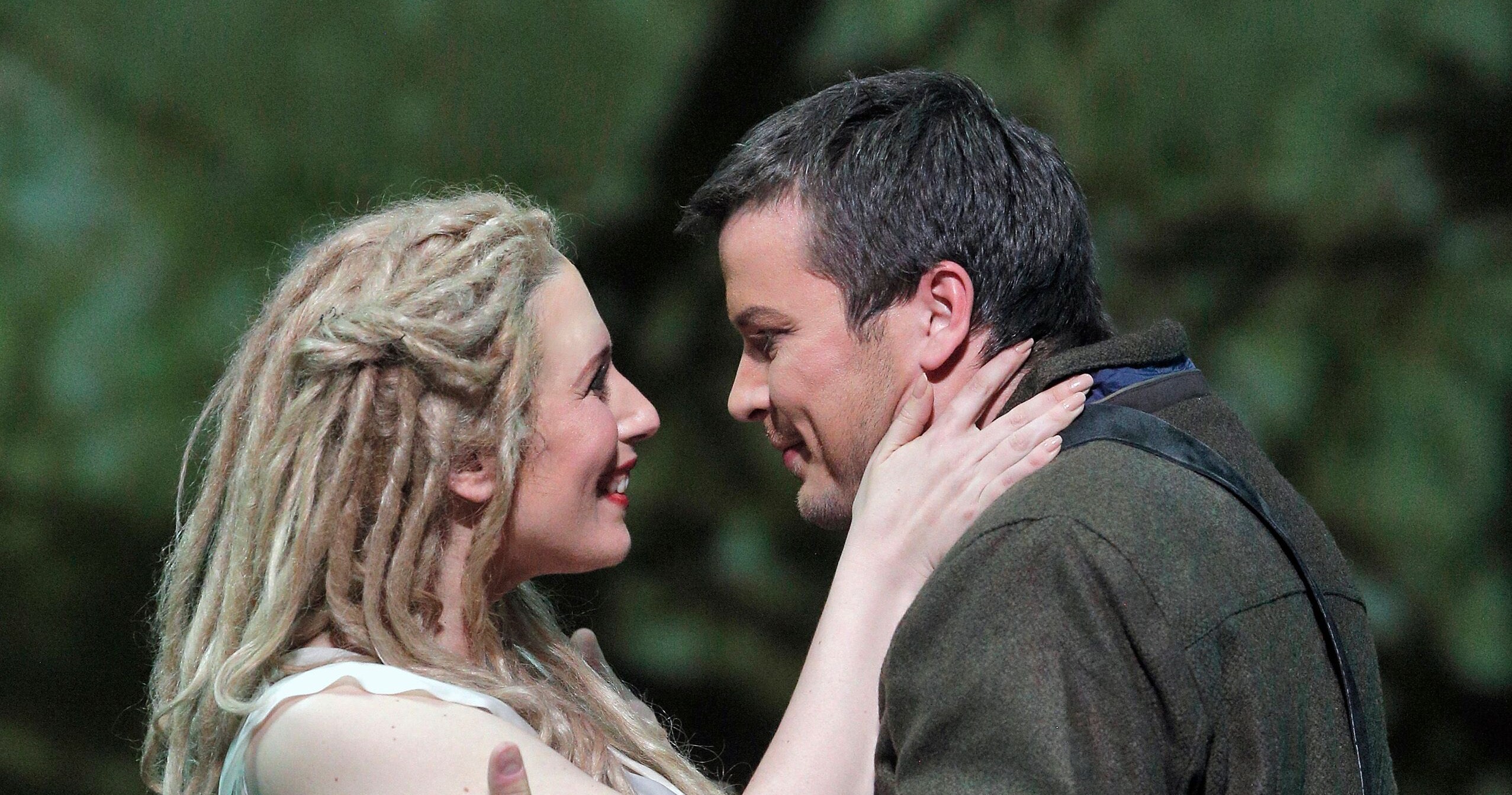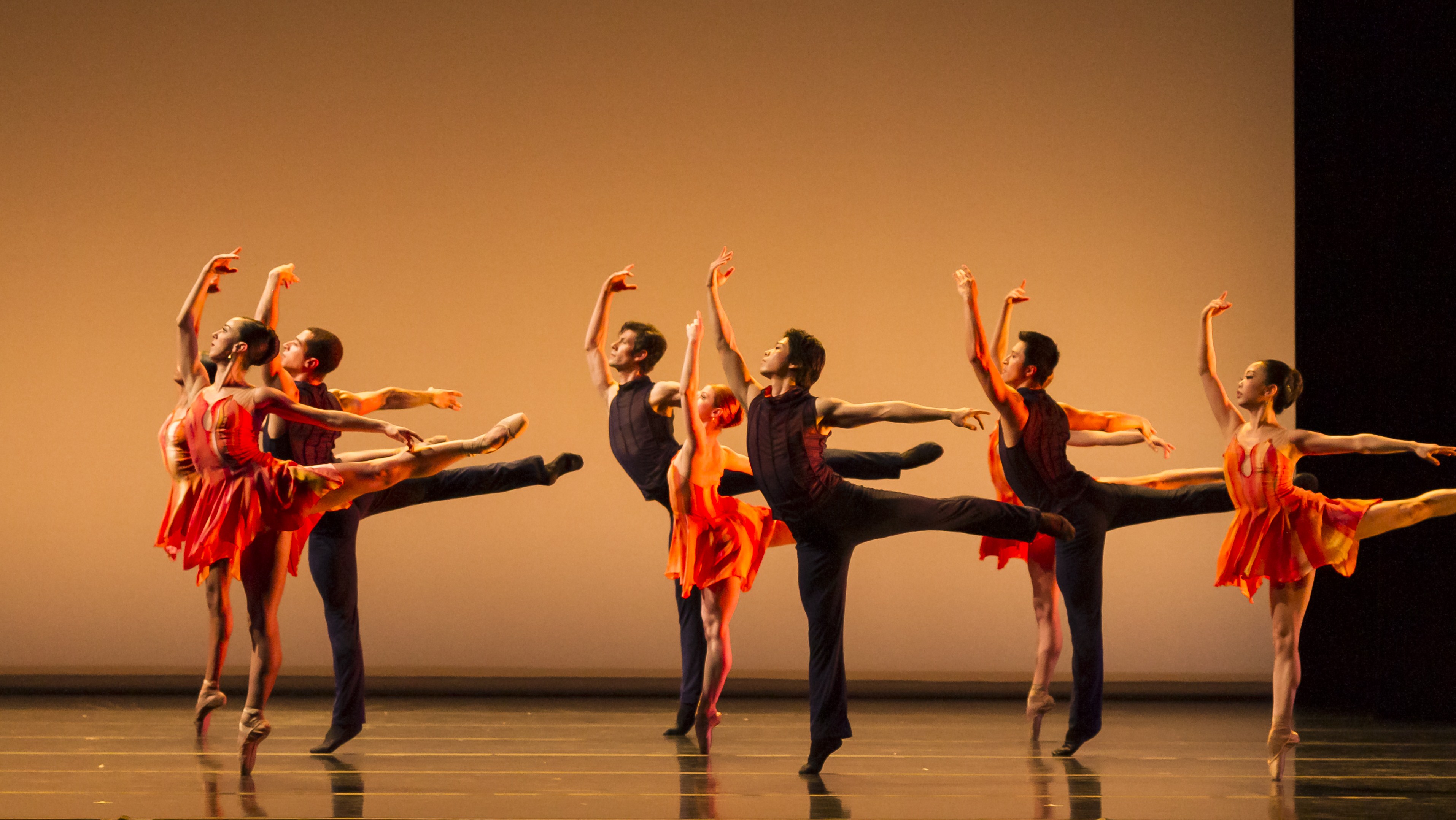IN REVIEW: Russian National Orchestra shows strengths but performance lacks personality
Once you got over the in-your-face shock of a full symphony orchestra on the Folly Theater’s tiny stage, the Russian National Orchestra’s concert on Friday had much to recommend. The all-Slavic program showed off a well-oiled string section and some fine principal players, though at times I found myself noticing disparities more than uniformity. Because of the difficulty of booking the Music Hall these days, the Folly was pretty much the Harriman-Jewell Series’ only choice to present Russia’s only privately funded full orchestra, which is marking its 20th anniversary with a multi-city tour. “Full orchestra” was not quite the case here, though, as only about 75 of the orchestra’s nearly 100 musicians could fit onto the stage — not an egregious problem overall, but noticeable in passages of Tchaikovsky’s Fourth Symphony that can benefit from a more luscious string sound (the pizzicato Scherzo, for example). Perhaps in such a small hall — the Folly’s low ceiling stops orchestral sound dead in its tracks — 75 was enough.
The playing was tight but not always as clean or vibrant as one might have expected (travel fatigue?). In Glinka’s Ruslan and Ludmila Overture, the brass found it easy to drown the woodwinds, sometimes the strings too, a problem that continued to arise occasionally throughout the evening. But inelegant playing could strike from any section at any given time, and any harshness was exacerbated by the intimacy of the setting and the lack of warming acoustic blend.
Guest conductor Patrick Summers, music director of Houston Grand Opera, was detailed and authoritative at the helm, even after he accidentally flung his baton into the hall during the Tchaikovsky. Though there was not a strong stamp of interpretation from the podium, tempos for Dvorak’s Eighth Symphony were intelligently seasoned, and Summers found the right bucolic flavor for its carefree Adagio. Still, ends of movements were often clipped and abrupt, and in the slow bit before the symphony’s final bars, the tension of line nearly collapsed. The opening of the Tchaikovsky was marked by surprising lack of finesse and the finale was loud and fast. Two numbers from Tchaikovsky’s music for The Snow Maiden — “Melodrama” and “Dance of the Tumblers” — made tidy encores, the first a doleful song for strings, the second a virtuosic romp.
To reach Paul Horsley, performing arts editor, send email to phorsley@sbcglobal.net.
Features

By Paul Horsley David Ludwig knows better than to attach a “back-story” to a piece irrevocably, although he has openly stated that his new Violin Concerto was inspired by his…

By Paul Horsley Each production of The Nutcracker is to some extent a balancing act between spectacle and dance. At best it seamlessly integrates the colors and stagecraft that keep…

By Paul Horsley The Lyric Opera of Kansas City deserves applause for taking on an opera in Czech for the first time in its history, but the opening performance of…






